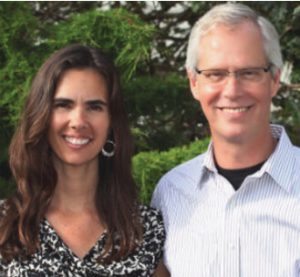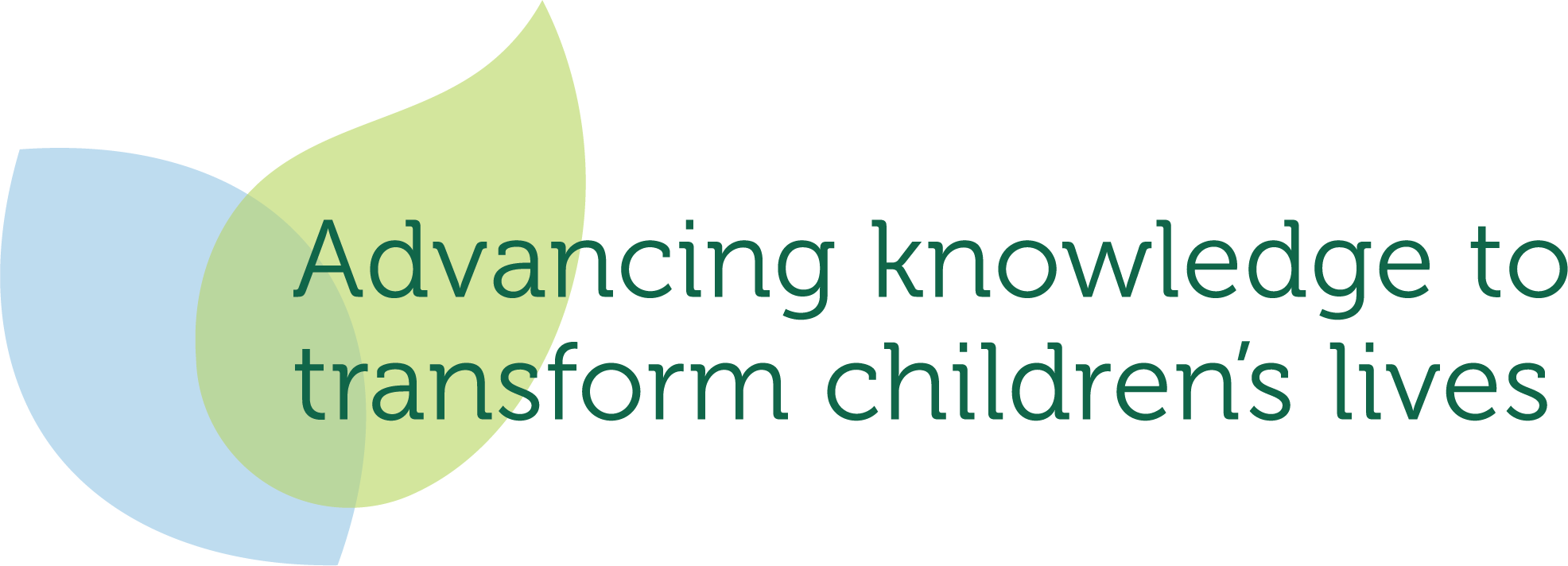Mindful Self-Compassion is an empirically-based 8-week course designed to cultivate the skill of self-compassion. It was developed by Christopher Germer, Ph.D., a leader in the integration of mindfulness and psychotherapy and Kristin Neff, Ph.D., a pioneering researcher in the field of self-compassion.
MSC combines the skills of mindfulness and self-compassion to enhance our capacity for emotional wellbeing.

Mindfulness is the first step—turning with loving awareness toward difficult experiences (thoughts, emotions, and sensations). Self-compassion comes next—bringing loving awareness to ourselves. Together, mindfulness and self-compassion comprise a state of warm, connected, presence during difficult moments in our lives.
Most of us feel compassion when a close friend is struggling. What would it be like to receive the same kindness and compassion that you give to others when you suffer, fail, or feel inadequate? All that’s required is a simple U-turn—including yourself in the circle of your compassion. Self-compassion is essentially a humble enterprise.
Self-compassion involves the capacity to soothe, comfort, and validate ourselves, as well as to protect, provide for and motivate ourselves, when things go wrong in our lives. It is learned, in part, by connecting with our natural compassion for others. Learning how to be self-compassionate also helps us sustain and expand our compassion for others.
Numerous research studies show that self-compassion is strongly associated with emotional wellbeing, coping with life challenges, lower levels of anxiety and depression, healthy habits such as diet and exercise, and more satisfying personal relationships. It is an inner strength that enables us to be more fully human—more fully ourselves.
Fortunately, self-compassion can be learned by anyone.
For more information, visit:
In MSC you’ll learn to:
- Practice mindfulness and self-compassion in daily life
- Understand the science of self-compassion
- Use self-compassion to live in accord with your values
- Handle difficult emotions with greater ease
- Motivate yourself with kindness rather than criticism
- Work with challenging relationships
- Manage caregiver fatigue
- Practice the art of savoring and self-appreciation
- Teach simple self-compassion skills to others
MSC is designed for members of the general public. Meditation experience is not necessary to participate in MSC. All are welcome! The program is based on the values of equity, diversity and inclusiveness.
Program activities include short talks, experiential exercises, meditation, group discussion, and home practices). MSC is taught in a variety of formats (e.g., face-to-face, online, full or partial trainings) to meet the needs of individuals in differing circumstances.
MSC is a journey—an adventure in self-discovery and self-kindness. Self-compassion has the paradoxical effect of both soothing our emotional distress as well as opening us to the pain that we may have been unconsciously holding inside, often for many years. Therefore, challenging emotions are likely to surface during the program, including past trauma. MSC teachers are committed to helping participants feel safe and comfortable during the course. However, participants agree at the outset that they will take primary responsibility for their emotional wellbeing.
MSC is therapeutic, but it’s not therapy. The emphasis of the program is on building the resources of mindfulness and self-compassion. MSC is not a substitute for medical or mental health care.
Participants should also be aware that MSC is mindfulness-based compassion training. Mindfulness and compassion go hand-in-hand, but our main purpose is compassion training.
In a randomized, controlled study, MSC significantly increased self-compassion, compassion for others, mindfulness, and life satisfaction, as well as decreased depression, anxiety and stress. Read the full-text article. Improvements were linked to how much a person practiced in their daily lives. MSC participants are asked to practice mindfulness and self-compassion at home for up to ½ hour per day, and teachers guide and support participants in that endeavor.
Highly recommended while participating in the MSC course:
- The Mindful Self-Compassion Workbook by Kristin Neff and Chris Germer
It is also recommended, but not required, that participants read the following two books to get the most out of the training:
- Self-Compassion: The Proven Power of Being Kind to Yourself by Kristin Neff
- The Mindful Path to Self-Compassion by Christopher Germer

